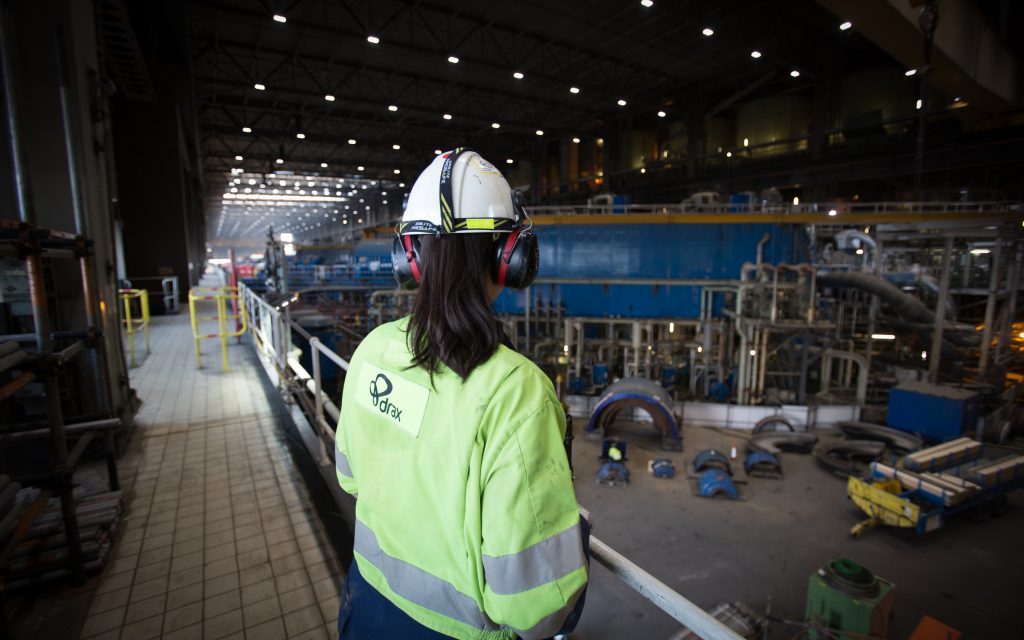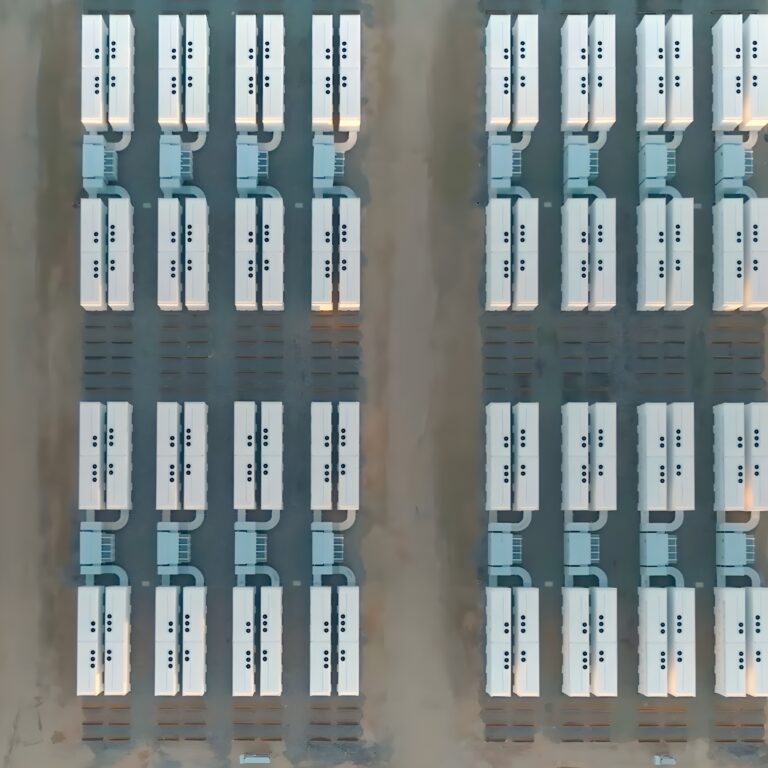The findings were revealed in a new report looking at the economic impact of Drax’s UK operations, which includes Drax Power Station – the country’s biggest renewable power generator, which produces enough renewable electricity for four million homes.
Based on Drax’s operations in the energy sector and its use of British businesses across its supply chain, the analysis by Oxford Economics estimates that the company contributed £1.65 billion to the economy and supported 17,500 jobs last year.
The vast majority of the Group’s impact was felt outside London and the South East; of the £1.65bn Gross Value Added by Drax Group, £142m was in London, meaning 91% of the Group’s economic impact was experienced outside of the capital.

Haven Power
Employment supported by Drax’s activities covered a wide range of sectors including high-skilled manufacturing of industrial components, engineering and technical machinery, construction, IT, professional business services and transport.
Researchers at Oxford Economics used three measures to calculate Drax’s GDP contribution: the economic activity associated with the day-to-day running of the business; the activity created by the purchase of goods and services from its suppliers; and the wages the company’s employees and suppliers’ employees spend in their local area.
A breakdown of the GDP generated by Drax Group shows all regions of the UK benefited. Highlights include:
- £431 million created in Drax’s heartland of Yorkshire and the Humber, where its power station is located, a rise from £419 million in 2016.
- 1,100 jobs for the North East and £77m contributed to the local economy.
- £273 million generated and 2,500 jobs supported in the East of England, where one of Drax Group’s B2B power supply businesses Haven Power, is based.
- 750 jobs supported and £51 million generated in Wales, home to the Cardiff offices of Opus Energy – Drax’s other B2B retail business, which supplies energy to SMEs
- 700 jobs supported in Scotland and £68 million generated in its economy.
- 850 jobs sustained and £64 million contributed to GDP in the South West.

Apprentices at Drax Power Station in North Yorkshire
Drax Group CEO, Will Gardiner, said:
“As a British energy company, we are committed to working with UK businesses right across our supply chain. This report shows that Drax now supports more than 17,500 jobs across the UK and our proposed acquisition of a number of assets from Scottish Power will bolster these numbers further.
“With the power station’s sophisticated supply chain and our growing retail business, we are making a positive economic contribution in every region of the UK. We are an important player in an energy sector and are keen to do whatever we can to help the country achieve a low cost, zero carbon future.
“Since upgrading two thirds of the power station to use sustainable biomass instead of coal, Drax has become the largest decarbonisation project in Europe.
“We plan to stop using coal well ahead of the government’s 2025 deadline, with proposals to repower our remaining coal generating units to use gas.
“This will enable more renewables onto the system, paving the way for increased carbon savings across the UK and helping us to meet our climate targets.”

Opus Energy
Osman Ismail, Senior Economist at Oxford Economics, said:
“Drax Group makes an important economic contribution to Yorkshire and the Humber, and the UK more widely. Its activities generated almost £1.6 billion in GDP last year, and sustained thousands of jobs across the nation.
“Opus Energy was successfully been onboarded into the group, in 2017, and Drax’s principal activities of generating energy and supplying energy services to businesses directly and indirectly impacts a number of different regions in the UK in terms of both job creation and contribution to GDP.”
Regional press releases:
ENDS
Full details of the study can be found at https://draximpact.co.uk
Media contacts:
Ali Lewis
Drax Group Interim Head of Media & PR
E: [email protected]
T: 07712670888
Jessica Gorton
Drax Group Press Officer
E: [email protected]
T: 07712677177
Notes to editors:
- Drax recently converted the fourth of its six generating units from coal to use sustainable biomass – around 70% of the power produced at the power station is now renewable.
- It has plans to repower its two remaining coal generating units to use gas, which are being considered by the planning inspectorate. If approved, Drax could stop using coal well ahead of the government’s 2025 deadline.
- It also has plans to start the first Bioenergy Carbon Capture and Storage pilot project of its kind in Europe this year. BECCs technology is vital if we are to meet our climate targets. It could enable the power produced at Drax to become carbon negative, meaning it would help to reduce the carbon dioxide accumulating in the atmosphere.
About Drax
Drax Group plc plays a vital role in helping change the way energy is generated, supplied and used. Its 2,300-strong staff operate across three principal areas of activity – electricity generation, electricity sales to business customers and compressed wood pellet production.
The Group includes:
Drax Power Ltd, which operates the largest power station in the UK, based at Selby, North Yorkshire and supplies six percent of the country’s electricity needs. The energy firm converted from burning coal to become a predominantly biomass-fuelled electricity generator. Drax is the biggest renewable generator in the UK and the largest decarbonisation project in Europe.
Haven Power, based in Ipswich, supplies electricity to large Industrial and Commercial sector businesses.
Opus Energy, based in Oxford, Northampton and Cardiff, provides electricity and gas to small and medium sized (SME) businesses.
Drax Biomass, is based in the US and manufactures compressed wood pellets produced from sustainably managed working forests, supplying fuel used by Drax Power Station in North Yorkshire to generate flexible, renewable power for the UK’s homes and businesses.
For more information visit www.drax.com
About Oxford Economics
Oxford Economics was founded in 1981 as a commercial venture with Oxford University’s business college to provide economic forecasting and modelling to UK companies and financial institutions expanding abroad. It is now one of the world’s foremost independent global advisory firms, providing reports, forecasts and analytical tools on 200 countries, 100 industrial sectors and over 3,000 cities. Its best-of-class global economic and industry models and analytical tools give an unparalleled ability to forecast external market trends and assess their economic, social and business impact.
About the study
Oxford Economics assessed the economic benefits of Drax Group using a standard means of analysis, called an economic impact assessment. This approach is applied in each of the three stages of the study.
The full report can be viewed here: https://draximpact.co.uk/.












